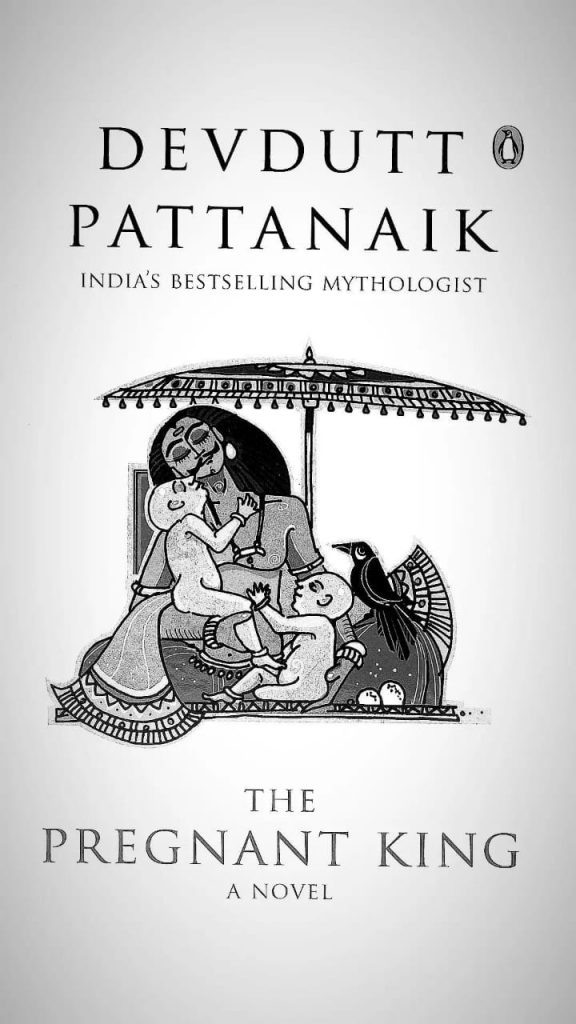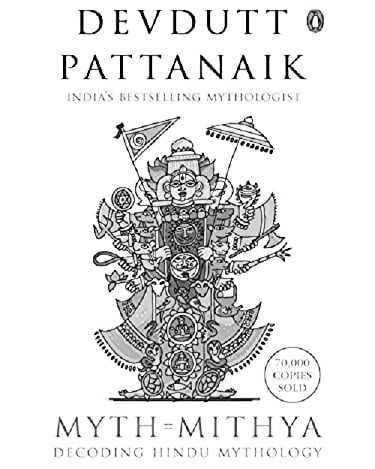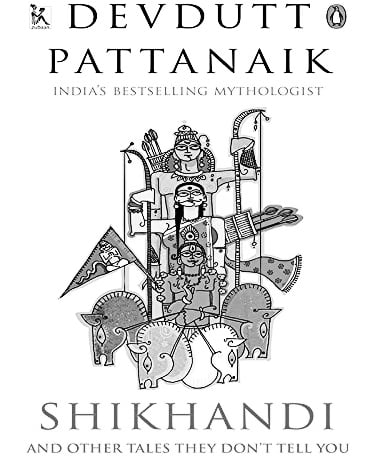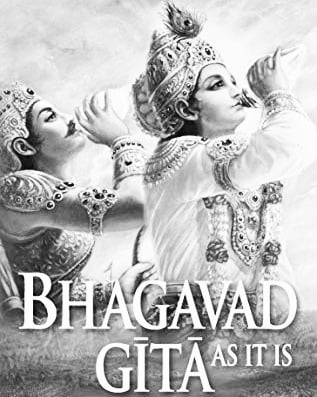TOP BOOKS TO READ AND UNDERSTAND INDIAN MYTHOLOGY
What is a myth?
What does the term mythology mean?
What are the important books to read and understand the genre of mythology and mythological fiction?
The word Mythology has gained a lot of weight in the contemporary world where it is not only a literary genre, but altogether a separate field of study.
Mythology is the collection of myths from a particular culture. Myths are stories invented by humans from times immemorial and passed on to the generations in oral and written forms. Myths had not only helped in the sustenance of human beings when science was still far ahead in time, but have also been a substantial part of popular culture in the contemporary times. Now the question arises- why these myths were created? What has helped them to live over thousands of years?
Greek mythology has remained an important source of plots and subplots in literature and popular culture. The characters have also been used in cartoon series. With time, Indian Mythology has also been gaining ground and becoming an important part of popular culture.
Last ten years have seen a revival of mythology with writers like Devdutt Pattanaik, Ruth Vanita, Amish Tripathi, and many more. The genre has been gaining importance with time and has a lot many books to offer.
Here are five books from Indian Mythology which will give you better insight into the genre:
1. The Pregnant King:
The Pregnant King, as the title hints, is an interesting book for all those who love Mythological fiction. The book was published in 2008 written by one of the most eminent mythologists of the times Devdutt Pattanaik. The plot surrounds around the story of a childless king named Yuvanashva who accidently (following a notorious act by two ghosts as we learn in the story) gets pregnant and gives birth to a son from his thigh. The king as he is now the mother of the child feeds him from his chest which is oozing with milk. The king here enters the journey where he faces identity crisis and tries to find out whether he is the father or mother of this child.

2. Myth = Mithya:
Myth = Mithya is a book where Pattanaik has tried his best to decode Hindu mythology. With stories surrounding Shiva and Shakti, the book consists of multiple short stories. With the help of illustrations, diagrams and symbols, Pattanaik gives an insight into Hindu customs, rituals, codes, Gods and Goddesses. The book is important for those who are new to the genre of mythology.

3. Shikhandi and Other Queer Tales They Don’t Tell You:
The book forms an important part of queer studies as the focus here is on those characters, events and symbols which have remained on the periphery in mass cultural representations. With the tale of Shikhandi from the great epic Mahabharata, Pattanaik throws light on gender identities which have now been marginalized. Ancient Indian literature is full of these myths which aptly suggests that gender identities, outside the binary of male and female, have remained an imminent part of this culture.

4. The Palace of Illusions:
The Palace of Illusions is a book by Chitra Banerjee Divakaruni published in the year 2008. The book is a retelling of the great epic Mahabharata from Draupadi’s viewpoint. Panchali, as Draupadi is named, is born of fire, married to all 5 pandavas who own heroic powers, later was sent into exile, instigates the war, and learns about Krishna’s cosmic identity

5. Bhagvat Gita:
Bhagvat Gita is one of the most important books for Hindus all over the world. The book has been a spiritual guide for people. Bhagvat Gita as it is, a translation by AC Bhaktivedanta Swami consists of the original Sanskrit verses with translations. The book is available in almost 60 languages and has played a major part in promoting Krishna Consciousness. The book is distributed by ISKCON. Gita has remained an important part of Indian culture and has been published in different languages.




Abhishek Saini
4 years agoThis is an interesting suggestion.
Thank you so much!!